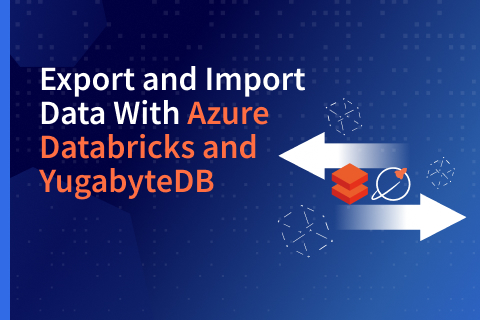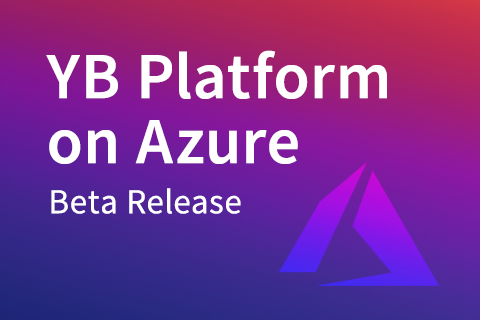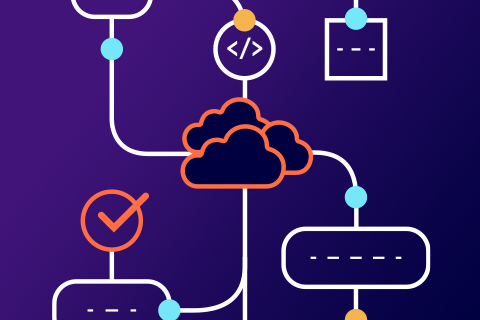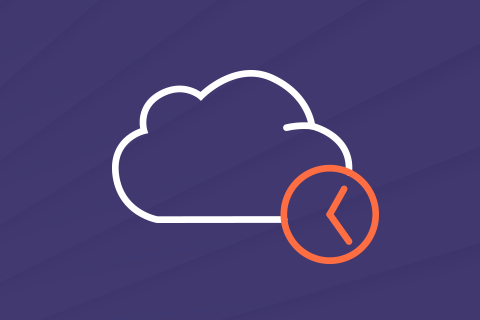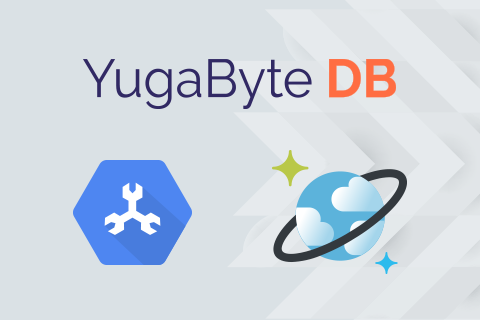Integrating YugabyteDB with Azure AI Search
Integrating YugabyteDB with Azure AI Search combines the strengths of a distributed SQL database with scalable document search capabilities, delivering an effective solution for data-intensive applications. Discover how this integration enables efficient data management, operational reporting, and real-time search-driven workflows.


